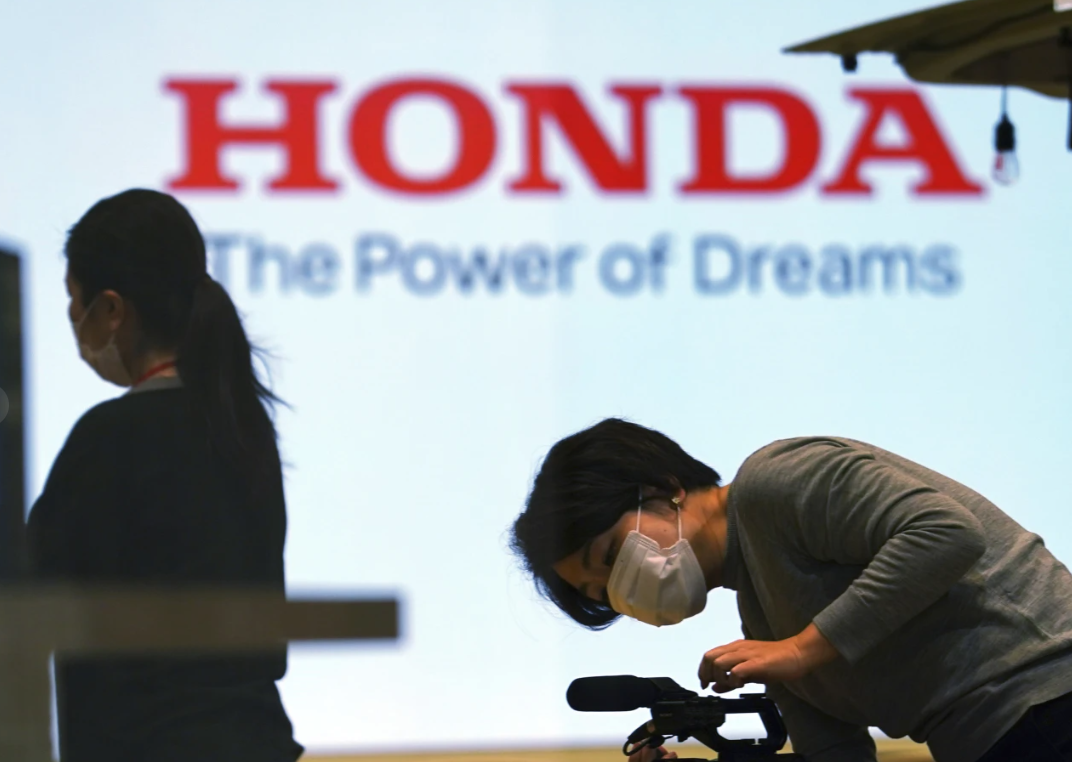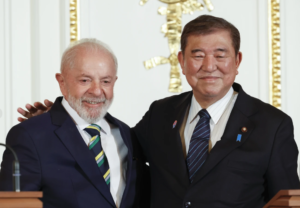Honda’s annual profit dropped sharply as lower car sales in China and rising trade tensions took a toll on the automaker. The Japanese company also warned that tariffs introduced by former U.S. President Donald Trump could further damage its earnings.
For the fiscal year ending in March, Honda reported a 24.5% decline in profit, totaling 835.8 billion yen (about $5.6 billion), compared to 1.1 trillion yen the previous year. Despite the drop in profit, revenue rose 6.2%, reaching nearly 21.69 trillion yen (approximately $147 billion).
Honda’s record-setting global motorcycle sales—topping 21 million units—helped support the company, along with strong hybrid car sales in the U.S. and improved profitability per vehicle. However, increased spending on research and development weighed down its overall performance.
Executive Vice President Noriya Kaihara said Trump’s tariffs could cut 650 billion yen (about $4.4 billion) from Honda’s operating profit for the fiscal year through March 2026. This is largely due to tariffs on vehicles made in Canada and Mexico and shipped to the U.S. Honda’s exports to the U.S. from Japan are minimal.
Despite the uncertainty, Honda’s leadership said they felt it was important to give an honest forecast. “We need to be realistic, even if the outlook looks bleak,” executives said.
CEO Toshihiro Mibe emphasized that Honda is committed to reducing the impact of tariffs by gradually shifting more auto production to U.S. factories and carefully reviewing its investment strategy. “We’ll make every decision with caution,” Mibe told reporters.
Honda also remains focused on growing its electric vehicle (EV) offerings. While some automakers are dialing back on EV plans in response to political pushback, Mibe confirmed that Honda is sticking to its electrification goals.
Looking ahead, Honda expects a steep 70% plunge in profit for the current fiscal year, projecting earnings of 250 billion yen (around $1.7 billion) on sales of 20.3 trillion yen ($137 billion), a 6% drop.
The company had previously entered talks with Nissan and Mitsubishi to form a joint holding company, but those discussions fell apart. Nissan backed out, citing concerns that the arrangement would put it at a disadvantage.
Nissan, which has been dealing with its own financial struggles, was set to release its earnings later the same day.














